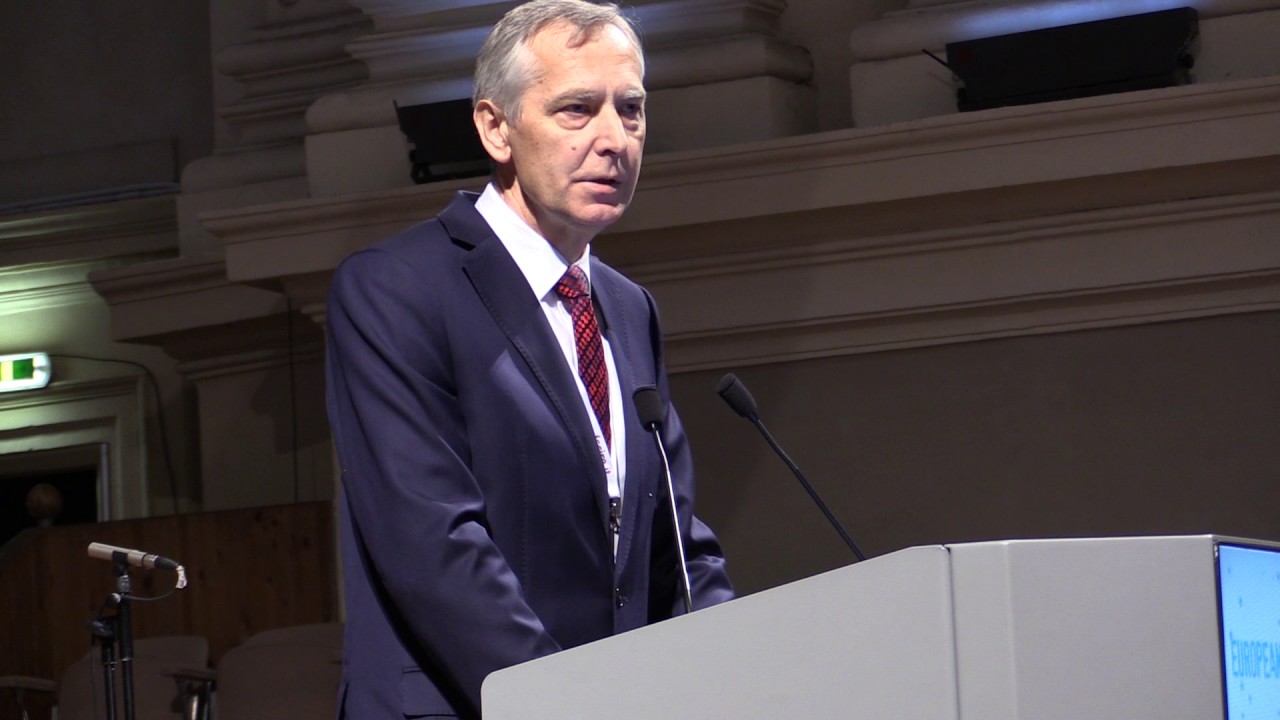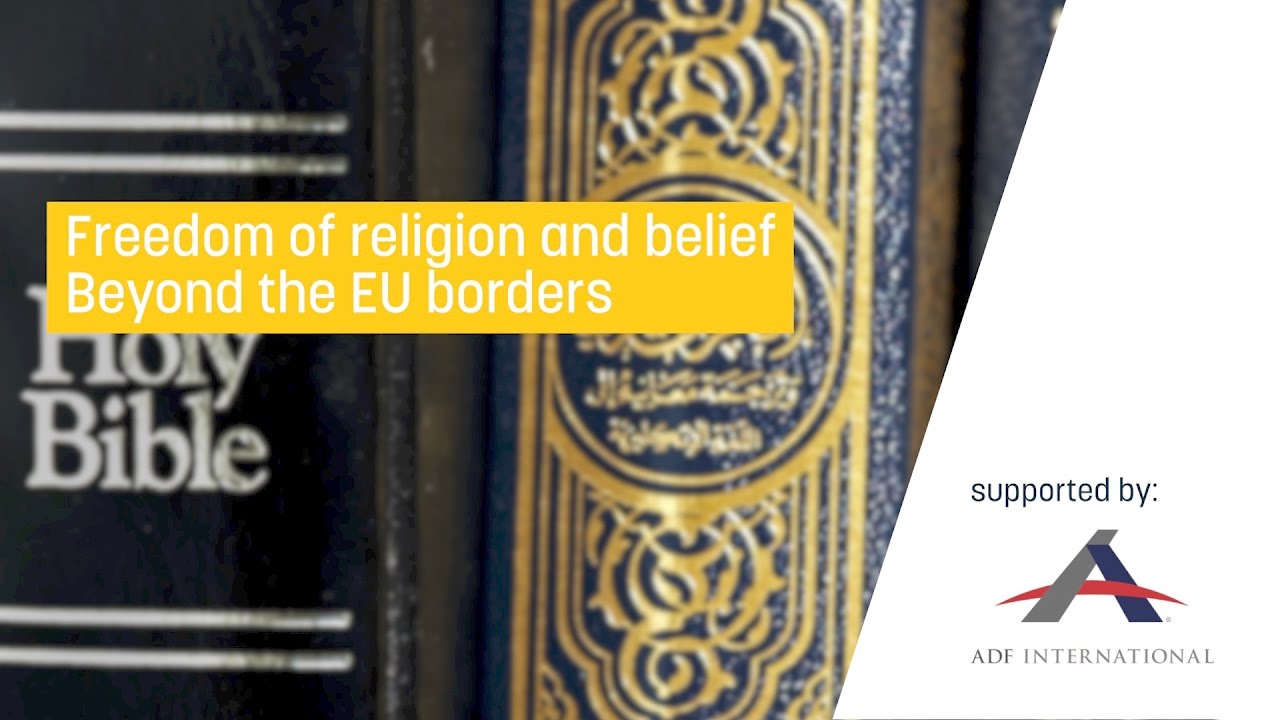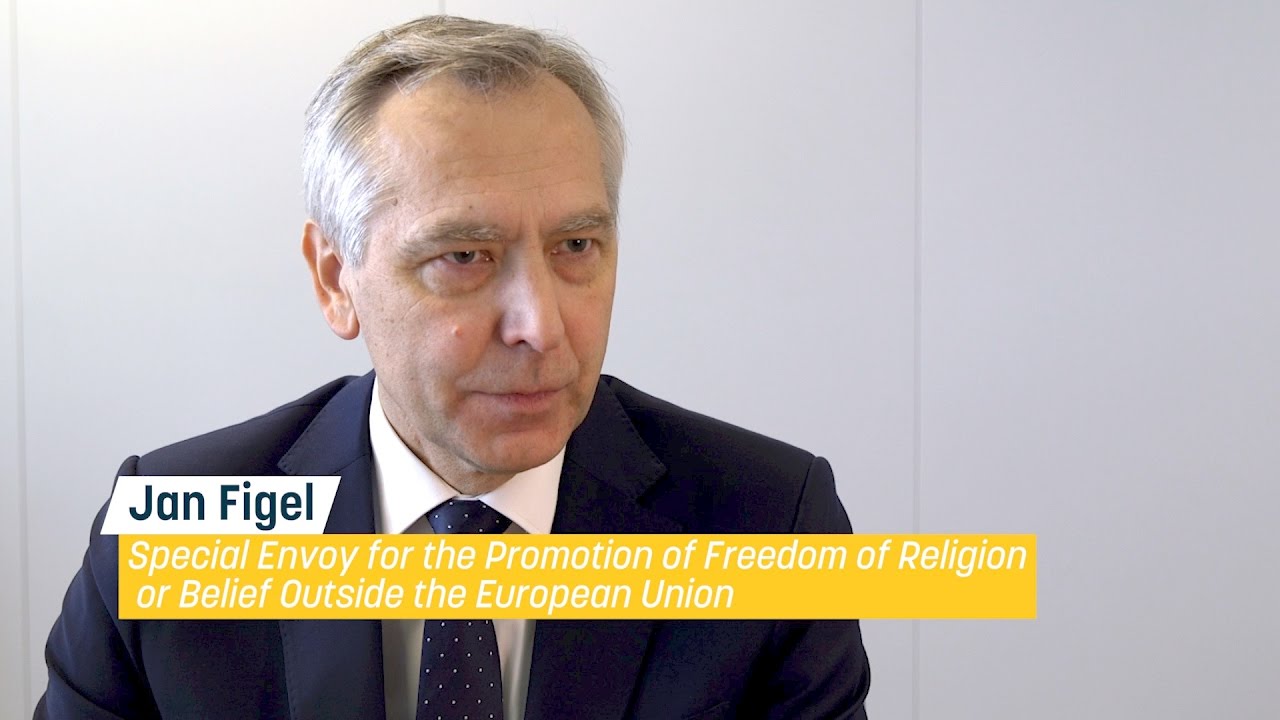Category: English
-
Campaigner: Religious freedom envoy must be permanent part of EU’s foreign policy team
Jan Figel, the EU’s special envoy for religious freedom, meets Patriarch Gregory III. [European Commission] The EU appointed its first special envoy on religious freedom in May 2016. Jan Figel’s 12-month mandate has now been extended for another year and Sophia Kuby of the Alliance for Defending Freedom (ADF) explains why his role should be
-
-
What Difference Does a Special Envoy on Freedom of Religion or Belief Make?
As Ján Figel starts his second year as the EU Special Envoy for the Promotion of Freedom of Religion or Belief (FoRB) outside the European Union, the last 12 months of his time in this new mandate show the respect for this role that has developed amongst sceptics and the potential for his role going
-
Sudan releases pastor and activist sentenced for espionage
May 15, 2017 (KHARTOUM) – Last week, Sudanese President Omer al-Bashir pardoned a pastor and an activist sentenced together with a Czech missionary Petr Jasek who had already been released by the end of February. The Rev. Hassan Abdurahim Tawor. (Christian Solidarity Worldwide Photo) The two men were sentenced to 12 years for colluding with
-
Freedom of religion and belief beyond the EU’s borders
Religious freedom is one of the most essential human rights, enshrined solidly in international law. Being part of EU primary law, the Union has committed to promote and protect religious freedom worldwide. However, according to the Pew Research Center, about three-quarters of the world’s population live in countries with high or very high restrictions or
-
ISIS’ destruction to cost $200 million to rebuild Iraq’s Christians villages
Christian villages need $200 million (about 188 million euros) to facilitate their reconstruction in Iraq’s Nineveh Plain, according to the Pontifical Foundation ‘Aid to the Church in Need’. More than 12,000 houses have been vandalized by the cutthroats of ISIS in twelve Christian villages, including Qaraqosh, Batnaya, Bartella in the Nineveh Plain, where 669 of
-
Figel reappointed as EU Special Envoy on religious freedom
The EU’s first ever Special Envoy for the promotion of religion or belief outside the EU has been reappointed to another 12-month term. Ján Figeľ, a former Commissioner and Slovak politician, became the EU’s inaugural such envoy a year ago, in an announcement at a special ceremony at the Vatican with Jean-Claude Juncker and Pope
-
European envoy on freedom of religion or belief: Sudanese partners open to dialogue on religious diversity
Jan Figel, Special Envoy for the Promotion of Freedom of Religion or Belief outside the European Union, visited Sudan from the March 14 to 17, 2017 KHARTOUM, Sudan, March 20, 2017/APO/ — Jan Figel, Special Envoy for the Promotion of Freedom of Religion or Belief outside the European Union, visited Sudan from the March 14
-
EU envoy asks Sudanese lawmakers about churches demolition
March 16, 2017 (KHARTOUM) – The European Union Special Envoy for the promotion of freedom of religion Jan Figel has asked Sudanese legislators about the situation of Christians in the country and the demolition of some churches. Following the secession of South Sudan in 2011, seven former Sudanese dioceses moved to South Sudan leaving only
-
EU envoy on religious freedom: ‘Indifference, ignorance and fear’ are terror’s greatest allies
To mark his first anniversary in the role as the EU’s inaugural Special Envoy for the Freedom of Religion or Belief Outside the EU, EURACTIV.com interviewed Ján Figeľ about the headscarf ban, Islamist terrorism and growing up Catholic in a communist state. Ján Figeľ will also be speaking at EURACTIV’s Freedom of religion and belief







